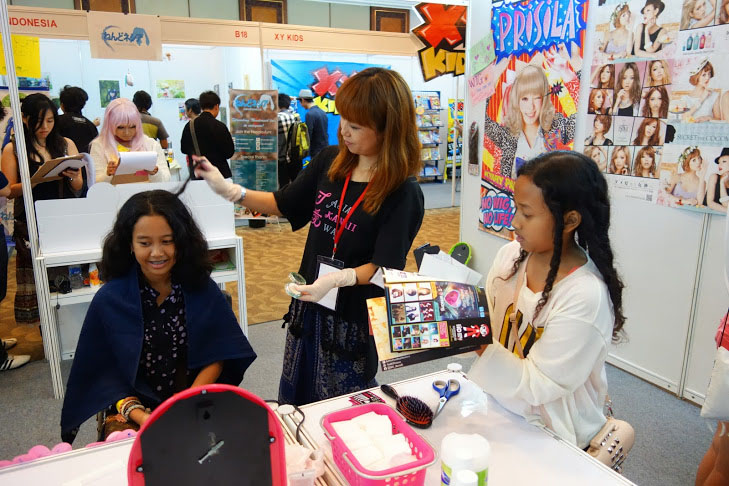A full year and a half has passed since the Japanese government gave its final approval for the Cool Japan Fund — a 20-year, public-private entity aimed at spreading Japan's cultural appeal overseas — the official soft-power push that some bureaucrats and academics had been advocating for at least a decade. A few months after it was inked, Tokyo won the 2020 Olympics bid, and the timing seemed auspicious.
But even ardent proponents admit the fund's mission remains vague, and its manifestations mysterious. What, exactly, is the core of Japan's cool?
Capitalized at ¥39 billion as of October (with private investment ballooning that figure), the fund is demarcated for overseas projects only. It does not offer any domestic support for the arts or creative endeavors. Western and other global markets are being tapped via Internet services such as Tokyo Otaku Mode (TOM), a Facebook media platform and e-commerce site, and Daisuki Inc., which last month partnered with veterans Bandai Namco, Asatsu-DK and Aniplex to form Anime Consortium Japan. TOM and Anime Consortium Japan received ¥1.5 billion and ¥1 billion Cool Japan investments respectively in September and October.


















With your current subscription plan you can comment on stories. However, before writing your first comment, please create a display name in the Profile section of your subscriber account page.